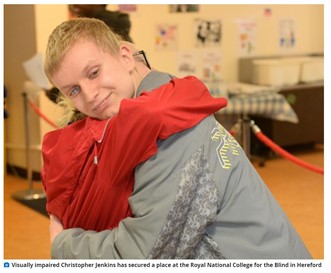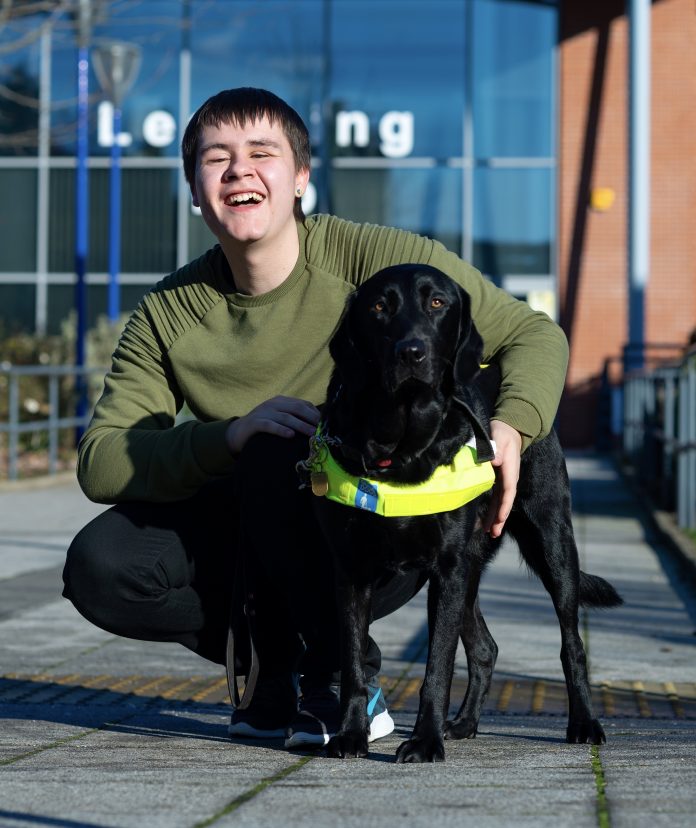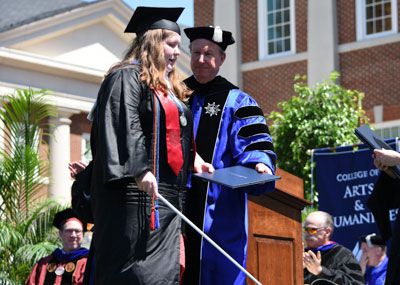A blind person’s perspective of education transition.
Transition in education is upon us and can be daunting for blind and vision impaired students. The 10th and 12th of August were much anticipated dates for many families with thousands of students receiving their A-level and GCSE results respectively. They will be leaving compulsory education for the next stage of their journey. For students, it’s a question of hope, expectation and a few nerves. For parents, it’s anxiety and even more nerves.
The reason for this mixture of emotions is that the results one achieves are the passport to the next destination be that college, university, or an apprenticeship to name just three of the possible options. In this blog, we explore the school/college leaver experience from a blind person’s perspective.



Advanced planning for education transition
For the next transition in a blind person’s life to be a smooth one, planning must start as much as a year earlier than it would for others. This is because implementing the necessary ‘reasonable adjustments’ through the disabled students’ allowance can and generally do take more time. In addition, blind people need time to become independent in their new surroundings. Consequently, leaving a familiar environment can be both exciting and scary at the same time. If you want any help with this or want an advocate to help you navigate this with your chosen school or university then look at the advice on my website or contact me directly.
GCSE Results
When receiving GCSE results, the blind and vision impaired feel the same emotions as their sighted peers. However, the exam that a blind person is likely to be most anxious about is Maths due to prevalence of questions involving diagrams, graphs and charts. This puts blind students at a significant disadvantage compared to their sighted peers and means that achieving a level four is like achieving a level nine! It is essential that you secure specialist mathematics teaching for your blind of vision impaired child especially if you are now in the position of having to re-sit. Again, this requires early discussions with your child’s school or the local authority. Please contact me directly if you want advice on this.
A level results
The emotions for a blind student are very similar to those of their sighted peers. In my case, I was relieved that I could go to my first choice university and that all of the planning I had done, such as applying for disabled students’ allowance and securing accommodation, hadn’t gone to waste. If you are at all concerned then you should contact your chosen university’s student disability service. In my experience they are incredibly helpful, supportive and well-informed.
